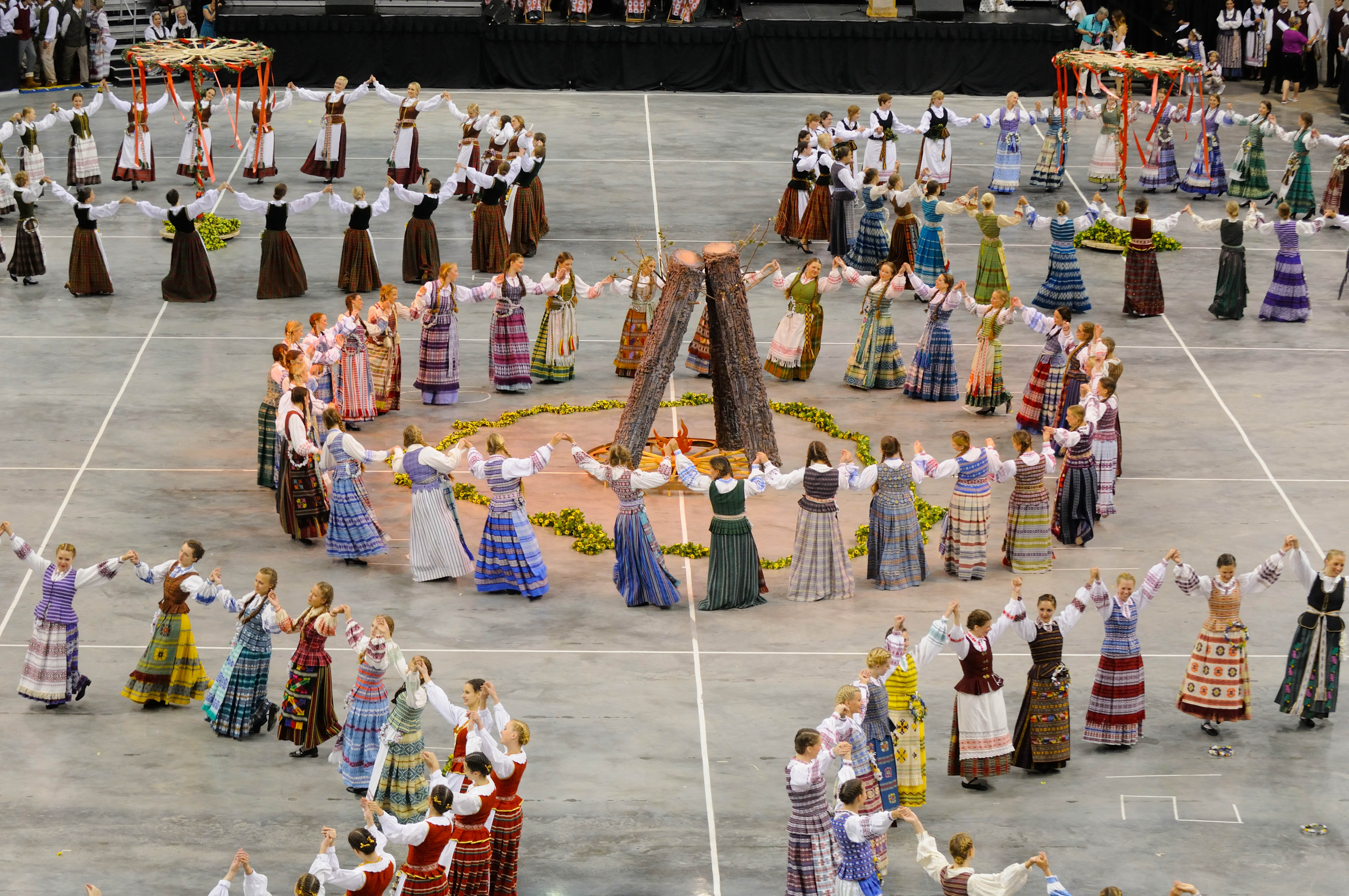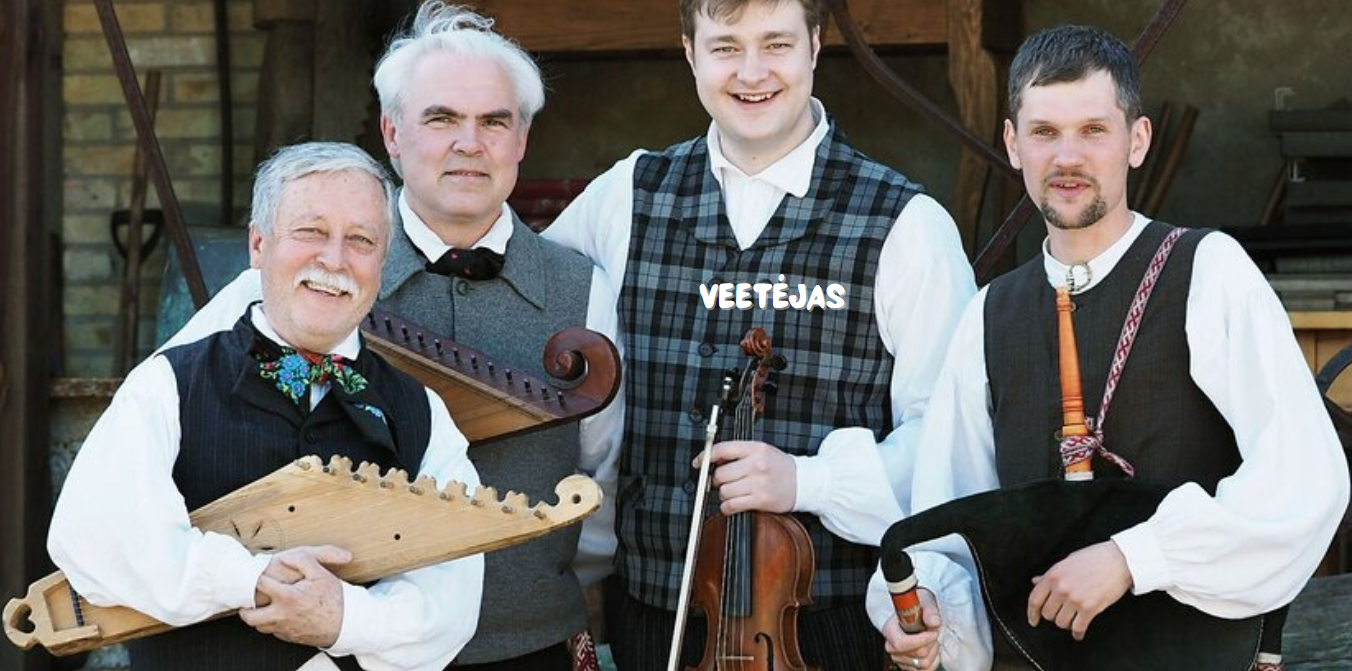The Role of Veetėjas: Leaders, Influencers, and Cultural Pillars
Introduction to Veetėjas
Veetėjas are more than mere translators; they are pivotal figures in their communities, embodying leadership and influence.
This article delves into the multifaceted role of Veetėjas, exploring their historical significance, impact on society, and the modern relevance of their contributions.

Also Read: CrossoverIcon.eu: A Comprehensive Exploration
Historical Background of Veetėjas
Origins and Early History
The term “Veetėjas” has its roots in ancient traditions where individuals were responsible for bridging linguistic and cultural gaps. Early Veetėjas were essential in facilitating communication between different cultures and communities, often serving as mediators in diplomatic and trade relations. Their role was crucial in maintaining harmony and understanding in diverse social contexts.
Evolution Through Different Eras
Throughout history, the role of Veetėjas has evolved significantly. In ancient times, they were primarily translators and advisors. During the Middle Ages, Veetėjas often took on roles as cultural ambassadors, influencing diplomatic relations and trade agreements. The Renaissance period saw Veetėjas contributing to the flourishing of literature and arts by translating important works and fostering cultural exchanges.
Notable Veetėjas in History
Several historical figures exemplify the role of Veetėjas. For example:
- Ibn Sina (Avicenna): A Persian philosopher and physician whose works were translated into multiple languages, significantly influencing Western thought.
- Zhang Qian: An ancient Chinese diplomat whose translations and reports on the Western Regions helped expand the Silk Road.
- Erasmus of Rotterdam: A Renaissance scholar whose translations of classical texts impacted European intellectual life.
Also Read: CrossoverIcon.eu: A Comprehensive Exploration
The Role of Veetėjas in Their Communities
Leadership and Influence
Veetėjas have often played leadership roles within their communities, guiding decisions and shaping cultural narratives. Their ability to communicate across cultures has allowed them to influence public opinion and policy, making them key figures in community development and cohesion.
Educational Contributions
Education has been a central aspect of the Veetėjas role. By translating educational materials and facilitating cross-cultural knowledge exchange, Veetėjas have contributed to the intellectual growth of their communities. They have played a significant role in educational reform and the dissemination of knowledge.
Mediation and Diplomacy
Veetėjas have historically acted as mediators and diplomats, resolving conflicts and negotiating agreements. Their expertise in multiple languages and cultures has enabled them to navigate complex political and social landscapes, making them invaluable in diplomatic efforts.
Veetėjas as Cultural Influencers
Preservation of Language and Tradition
Veetėjas have been instrumental in preserving languages and cultural traditions. Through their translations, they have ensured that important cultural texts and practices are not lost over time. Their work has helped maintain cultural heritage and promote understanding among different communities.
Impact on Literature and Arts
The influence of Veetėjas on literature and arts cannot be overstated. By translating literary works, they have introduced new ideas and artistic styles to different cultures. Their contributions have enriched the global cultural landscape and fostered cross-cultural appreciation.
Promoting Cultural Exchange
Veetėjas have played a vital role in promoting cultural exchange by facilitating communication between diverse groups. Their efforts have led to the sharing of ideas, customs, and traditions, fostering greater global understanding and cooperation.
Also Read: CrossoverIcon.eu: A Comprehensive Exploration
The Skills and Qualities of a Veetėjas
Essential Skills for Effective Translation
Effective translation requires a deep understanding of both source and target languages. Key skills include:
- Linguistic Proficiency: Mastery of multiple languages.
- Cultural Knowledge: Awareness of cultural nuances and context.
- Attention to Detail: Precision in translating complex concepts.
Leadership and Communication
Veetėjas must also possess strong leadership and communication skills. They often lead projects, negotiate agreements, and communicate with diverse stakeholders. Their ability to articulate ideas clearly and persuasively is crucial for their success.
Cultural Sensitivity and Adaptability
Cultural sensitivity and adaptability are essential traits for Veetėjas. They must navigate different cultural norms and practices with respect and understanding, ensuring that their translations and interactions are culturally appropriate.
Challenges Faced by Veetėjas
Historical and Modern Challenges
Veetėjas have faced numerous challenges throughout history, including political and social upheavals. In modern times, they encounter challenges such as maintaining accuracy in translations amidst rapidly changing languages and cultural contexts.
Overcoming Language Barriers
Language barriers can be significant obstacles for Veetėjas. They must find effective ways to bridge gaps between languages, ensuring that translations are both accurate and culturally appropriate.
Adapting to Technological Changes
Technological advancements have transformed the field of translation. Veetėjas must adapt to new tools and technologies, such as translation software and digital communication platforms, to stay relevant and efficient.

Also Read: CrossoverIcon.eu: A Comprehensive Exploration
Modern-Day Veetėjas: Adapting to Change
The Role of Technology in Translation
Technology has revolutionized the field of translation. Modern Veetėjas utilize advanced tools and software to enhance their work, including machine translation and digital dictionaries. These technologies can improve efficiency and accuracy but also require a deep understanding of their limitations.
Digital Platforms and Globalization
Digital platforms and globalization have expanded the reach of Veetėjas, allowing them to work with clients and partners worldwide. Social media, online translation tools, and global networks have created new opportunities and challenges for modern Veetėjas.
Case Studies of Contemporary Veetėjas
Contemporary Veetėjas, such as those working in international organizations and tech companies, showcase the evolving nature of the role. Case studies highlight their contributions to global communication, cultural diplomacy, and technological innovation.
The Future of the Veetėjas Role
Emerging Trends and Innovations
The future of Veetėjas is likely to be shaped by emerging trends and innovations, including advancements in artificial intelligence and machine learning. These technologies will continue to influence how translations are performed and how Veetėjas interact with their clients and communities.
Predictions for the Next Decade
Predictions for the next decade suggest that the role of Veetėjas will become increasingly complex and integrated with technology. Veetėjas will need to navigate a rapidly changing landscape, balancing traditional skills with new technological tools.
How to Prepare for a Career as a Veetėjas
Aspiring Veetėjas can prepare for their careers by gaining proficiency in multiple languages, developing strong communication and leadership skills, and staying informed about technological advancements. Education and continuous learning will be crucial for success in this evolving field.

Also Read: CrossoverIcon.eu: A Comprehensive Exploration
FAQs about Veetėjas
What is a Veetėjas?
A Veetėjas is a translator who also serves as a leader and influencer within their community. They play a crucial role in facilitating communication, preserving cultural heritage, and contributing to social and educational development.
What are the primary responsibilities of a Veetėjas?
The primary responsibilities of a Veetėjas include translating texts, mediating between cultures, leading community initiatives, and preserving language and tradition. They often act as cultural ambassadors and advisors.
How has the role of Veetėjas evolved over time?
The role of Veetėjas has evolved from primarily being translators to encompassing leadership and cultural influence. Historically, they have adapted to changes in technology, politics, and social dynamics, expanding their impact on communities.
What skills are essential for becoming a successful Veetėjas?
Essential skills for a successful Veetėjas include linguistic proficiency, cultural knowledge, leadership abilities, and adaptability. They must also be skilled in communication and have a deep understanding of both source and target languages.
Conclusion
The role of Veetėjas extends far beyond translation. As leaders and influencers, Veetėjas have shaped communities, preserved cultures, and facilitated global understanding.
Their contributions are integral to both historical and modern contexts, reflecting their importance in fostering communication and cultural exchange.
As we look to the future, the role of Veetėjas will continue to evolve, embracing new technologies and challenges while remaining a cornerstone of global interaction.






